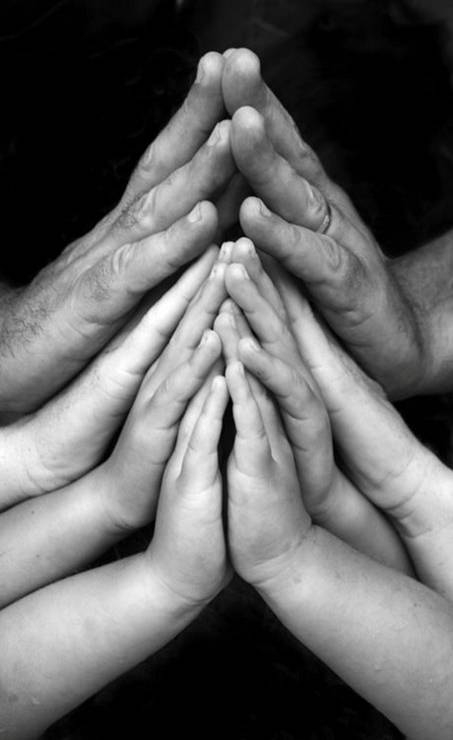
Guest Blogger: Jason Helopoulos
Worship. I hold to the regulative principle out of conviction. Some of you may not hold to the regulative principle, but you do have some conviction rergarding worship. I have yet to meet a Christian who doesn’t. Whatever that conviction is, we would all do well to listen to Calvin’s admonition to the church in Wezel.
Now, I want to remind you that this is John Calvin. He has never been accused of lacking in the area of opinions and convictions regarding worship. He was intentional in ordering the liturgy in both Strasbourg and Genevea. He trained pastors to risk their lives in establishing faithful worship in France. He had true convictions that were to him a matter of life and death. He would not budge on that which struck at the substance of the faith, but he was willing to accomadate himself out of mutual love for the church and his brethren when the substance was not in jeopardy.
This is a quote from a letter he wrote to an already existing congregation regarding the use of candles in worship. To be clear, Calvin is writing to an already established church with established practices. If it was a new church or a church in which a practice disagreeable to him had not yet been introduced, he makes it clear that he would labor against its introduction. But here, in an already established church, he doesn’t want to see its unity jeopardized. It is worth some time of reflection, lest some of us have what Calvin calls an “excessive rigor and moroseness” over issues of form and cirucmstance when the elements and substance are present:
‘We do not hold lighted candles in the celebration of the eucharist nor figured bread to be such indifferent things, that we would willingly consent to their introduction, or approve of them, though we object not to accommodate ourselves to the use of them, where they have been already established, when we have no authority to oppose them. If we were called upon to receive such ceremonies, we should hold ourselves bound according to the position in which God hath placed us, to admit of no compromise in resisting their introduction, and in maintaining constantly the purity which the church confided to us already possesses. But should our lot be cast in some place where a different form prevails, there is not one of us who from spite against a candle or a chasuble would consent to separate himself from the body of the church, and so deprive himself of the use of the sacrament. We must be on our guard not to scandalize those who are already subject to such infirmities, which we should certainly do by rejecting them from too frivolous motives. And when it would be for us matter of deep regret, if the French church which might be erected there should be broken up, because we would not accommodate ourselves to some ceremonies that do not affect the substance of the faith. For as we have said, it is perfectly lawful for the children of God to submit to many things of which they do not approve. Now the main point of consideration is, how far such liberty should extend. Upon this head let us lay it down as a settled point, that we ought to make mutual concessions in all ceremonies, that do not involve any prejudice to the confession of our faith, and for this end that the unity of the church be destroyed by our excessive rigor and moroseness.’ (emphasis added)—Letters of John Calvin 3:30-31 (Letter to the Brethren of Wezel, March 13, 1554).



